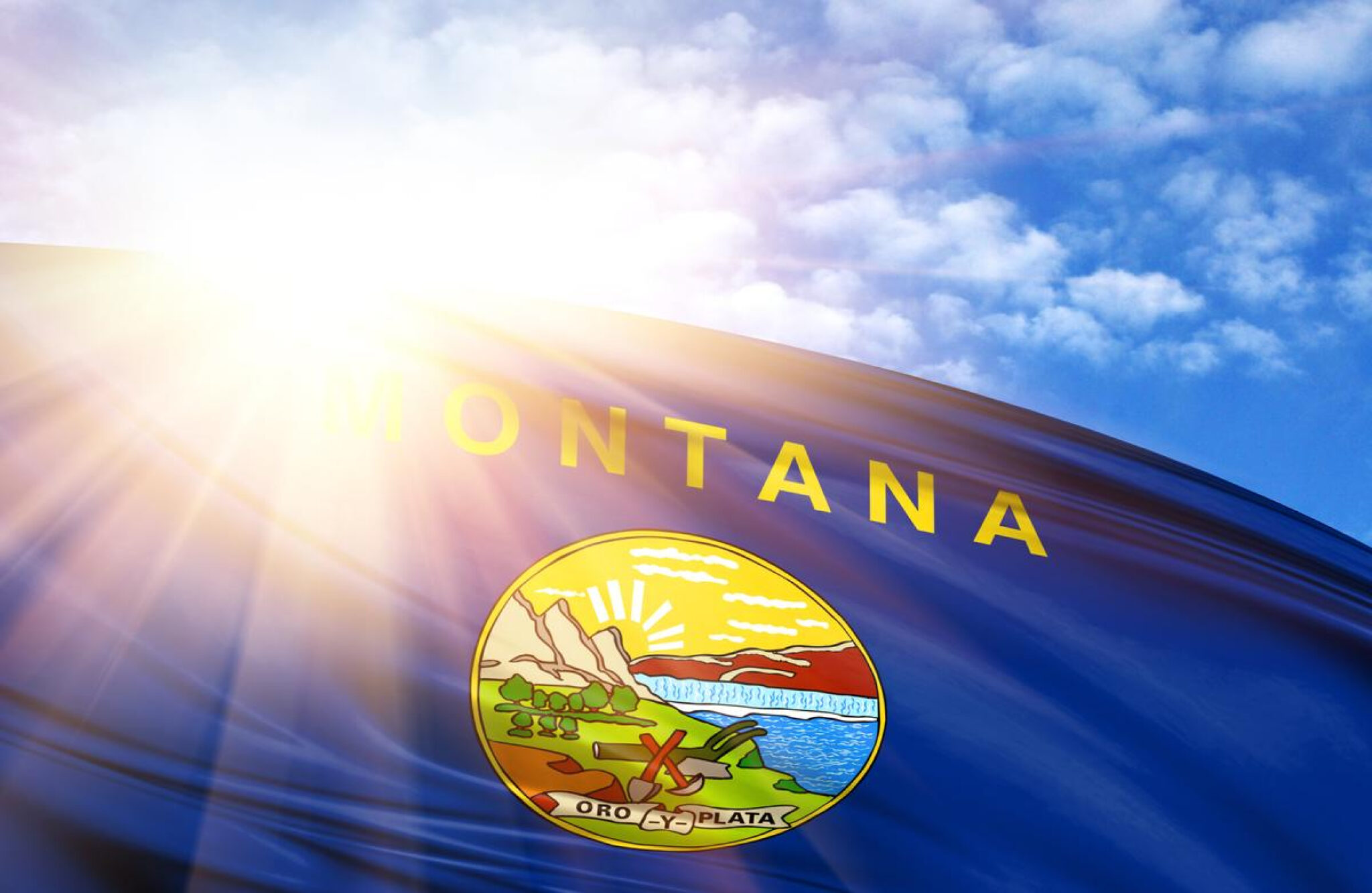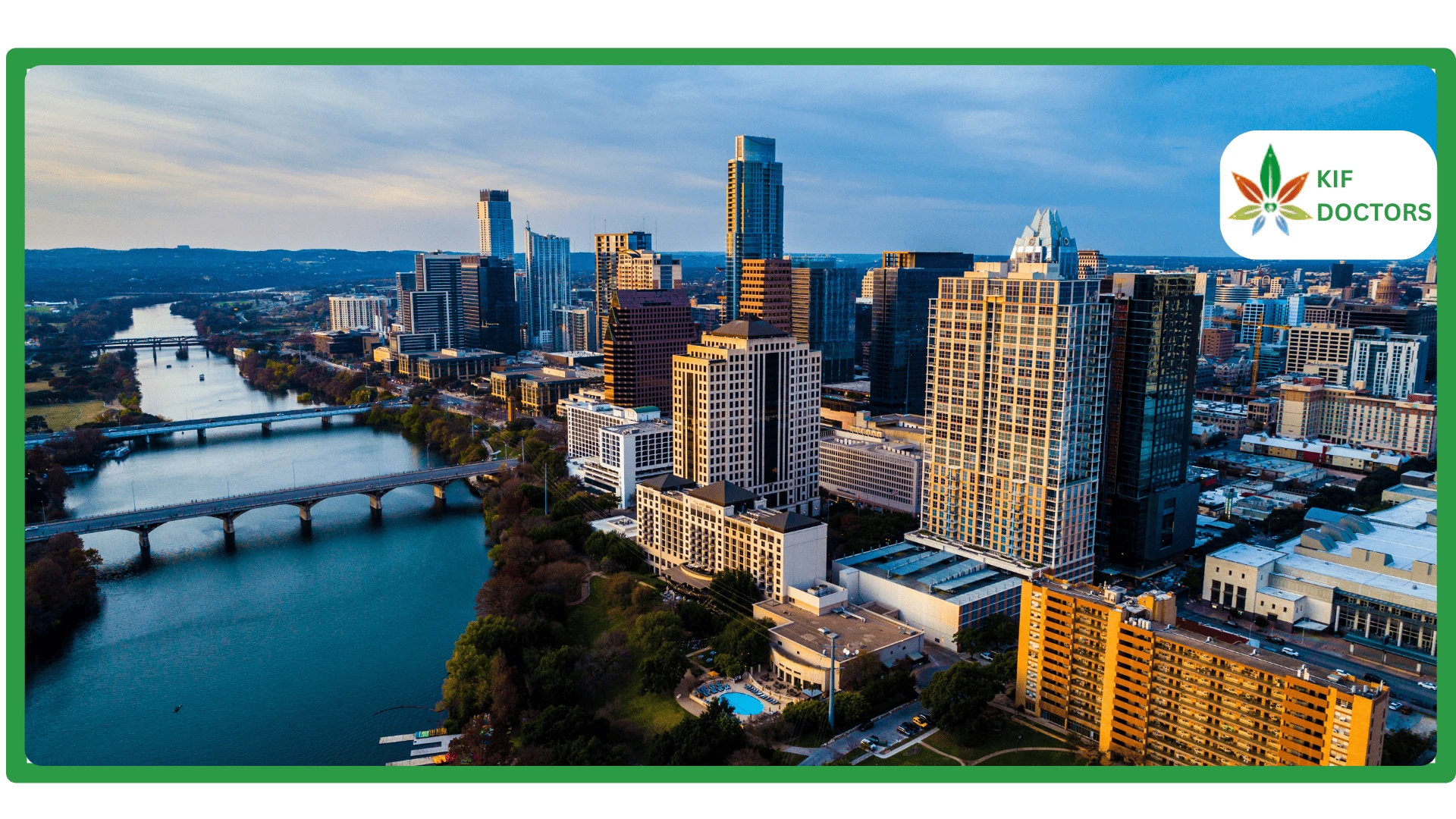Historically, the state of Montana legalized medical marijuana all the way back in 2004. If you’re a qualifying patient and do meet all the necessary requirements, you can apply for a Montanan medical marijuana card.
However, the history that led to Montana adopting a progressive medical marijuana program is full of ups and downs. In 2016, the Montana Supreme Court made a decision that led to around 93% of total patients in the state losing access to a medical cannabis supplier.
This led to people using their right to vote and 57% of the voters endorsed I-182 removing the most detrimental sections from the state’s marijuana laws.
All of this struggle to implement a more progressive medical marijuana program is quite admirable. But, does this progressive medical marijuana program allow a registered medical marijuana patient like you to own a gun in Montana?
Unfortunately, no. The state follows federal legislation when it comes to matters related to gun possession and ownership. Marijuana is a Schedule I substance on the federal level automatically marking medical marijuana users ‘ineligible’ to apply for a firearm’s license.
But there’s some good news too. The state does not share its medical marijuana patient registry data with any other federal department or a third party.
This means that you might be able to get a firearm license in Montana as there won’t be a record of your medical cannabis card in the database.
Taking My Gun To a Dispensary in Montana: Is It a Good Idea?
According to Montana state law, any person who qualifies for carrying an open or concealed carry and is 18 years or older can carry a firearm except in these places,
- Any place where the carrying of firearms is prohibited as per the federal/state law
School buildings (you need prior permission) - Secure treatment facilities under the supervision of the Department of Public Health and Human Services
- Private property where the owner of the property prohibits firearms
- Correctional/detention/treatment facilities under the supervision of the Department of Corrections
- Buildings owned and occupied by the United States
- State game preserves (you may require a permit issued by the Director of Fish, Wildlife and Parks for possession)
- Detention facilities and secure areas of law enforcement facilities (operated by a city or county)
- Montana University System campuses (trained law enforcement officers are exempted)
- Courtrooms or areas of courthouses in use by court personnel
- At or beyond a security screening checkpoint in a publicly owned/commercial airport
- Military reservations owned and managed by the United States
- Anywhere while under the influence of an intoxicating drug/substance
A dispensary is not included in the list which legally allows you to carry a firearm without facing any restriction.
Consuming CBD Products and Owning a Gun in Montana
The state of Montana does allow its residents to consume CBD-based products as long as the THC content is less than 0.3% by weight. This means that you can legally consume CBD products as per the set regulations and own a licensed forearm at the same time.
Our expert opinion
Over the years, the people of Montana have indeed taken some drastic measures to ensure that the state’s medical marijuana program takes a more progressive and credible approach.
Still, the gun ownership laws followed by the state restrict medical marijuana users from practicing their legal right to own a gun.
This is something the people and the government of Montana need to further work on in order to provide some level of security/legal protection to registered medical marijuana users.
Helpful Resources For Montana's Patients:
Montana Medical Marijuana Card for Minors
How to Get a Medical Marijuana Card in Montana
 Since 2021, Kif offers a streamlined platform to get a medical marijuana card online. We have served more than 45K patients across the United States. Sign Up Now to get the right to use medical cannabis for your health condition without any delay.
Since 2021, Kif offers a streamlined platform to get a medical marijuana card online. We have served more than 45K patients across the United States. Sign Up Now to get the right to use medical cannabis for your health condition without any delay.
























